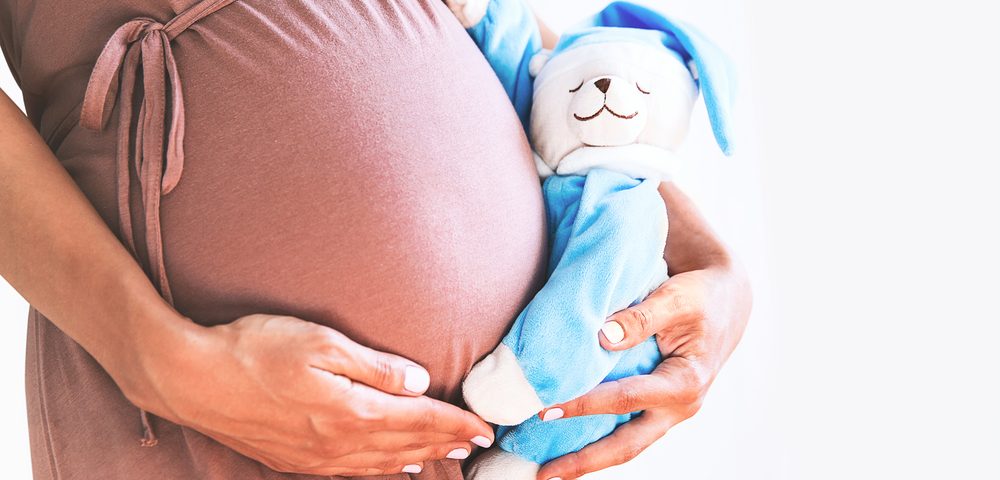Beliefs about motherhood and personality traits related to perfectionism may negatively affect the quality of life of infertile women with and without endometriosis, a cross-sectional study suggests.
The study, “Perfectionistic traits and importance given to parenthood are associated with infertility-related quality of life in a sample of infertile women with and without endometriosis,” was published in Sexual & Reproductive Healthcare.
Infertility is defined as an inability or failure to conceive repeatedly after engaging in regular unprotected sexual intercourse for at least one year.
It is estimated that about half of women with fertility issues also have endometriosis, a medical condition caused by the abnormal growth of womb cells outside the uterus. Besides infertility, this disease is also associated with painful sexual intercourse (dyspareunia), painful or irregular menstrual cycles (dysmenorrhea), painful bowel movements (dyschezia), chronic pelvic pain, psychological issues, and overall low quality of life.
On the other hand, women with fertility issues who undergo repetitive assisted reproductive treatments (ARTs) are more prone to various psychological disturbances, including depression, anxiety, emotional, and sexual distress.
Psychological disturbances linked to infertility have been extensively studied in the past. However, very few studies actually investigated the role of beliefs toward motherhood and perfectionism in women struggling with infertility and endometriosis.
In this study, researchers aimed to evaluate the quality of life and psychological differences regarding personality traits (perfectionism), cognitive abilities (mindful awareness), and beliefs about parenthood (importance attributed to motherhood) among infertile women with and without endometriosis.
The study analyzed 43 infertile women — 22 with endometriosis and 21 without — who had undergone ARTs in the previous year. All sociodemographic and clinical data were collected through questionnaires.
Results revealed no significant differences regarding the quality of life and psychological condition between infertile women with endometriosis and those without the condition.
Interestingly, the results did show that the relative importance attributed to parenthood and perfectionism was linked to quality of life related to infertility in all the women, regardless of whether they had endometriosis or not.
“The predictive role of beliefs about parenthood and perfectionistic traits to quality of life could be explained in terms of disillusion of expectations about own ideal identity. … A contrast between the ideal-standard of the woman (i.e. having a perfect life, being fertile, being able to give birth to a child) and the actual-self (i.e. being unable to have a child), … leads to a personal crisis,” the researchers wrote.
These findings suggest that infertility might trigger a “self-discrepancy” gap between the real and ideal life expectations of becoming a mother, which in turn has a negative impact on women’s quality of life, regardless of disease status.
“ART services … psychologists should take into account the presence of dysfunctional beliefs about childbirth and becoming mother, and perfectionistic personality traits. Working on dysfunctional beliefs and personality traits, acceptance will be promoted and quality of life related to infertility would be enhanced,” the authors said.

